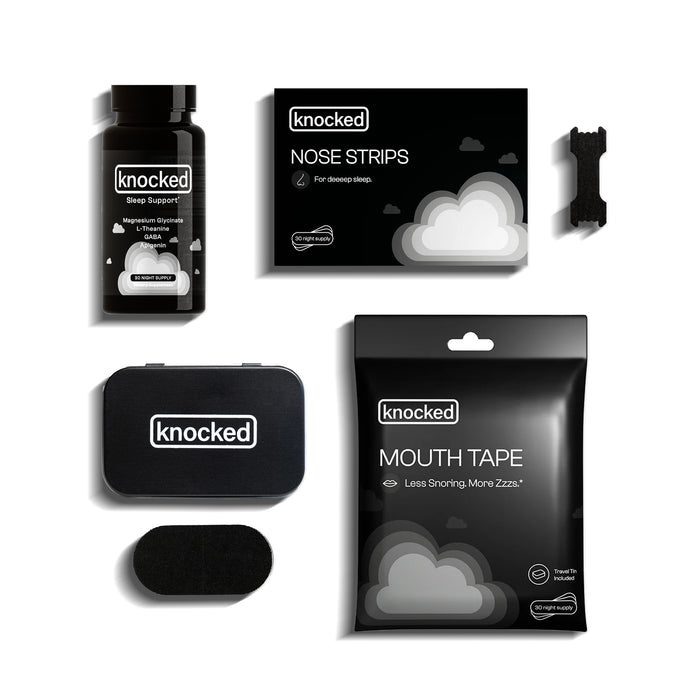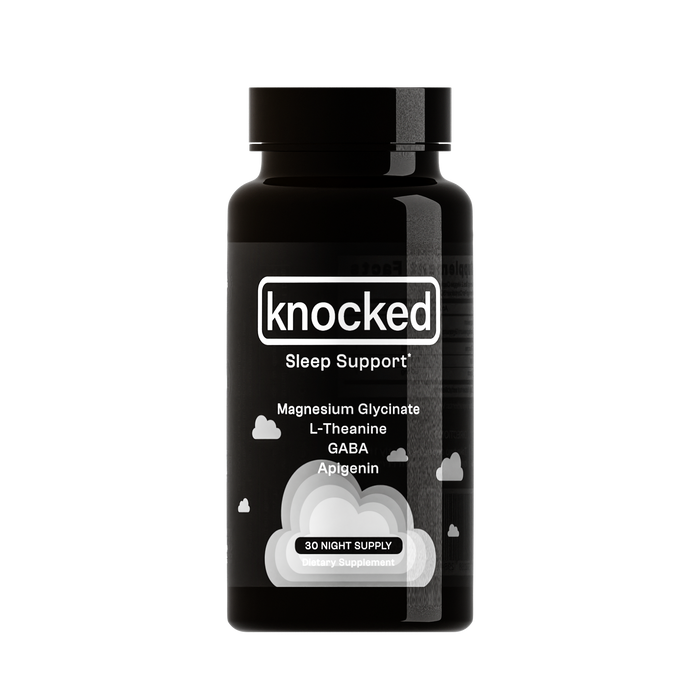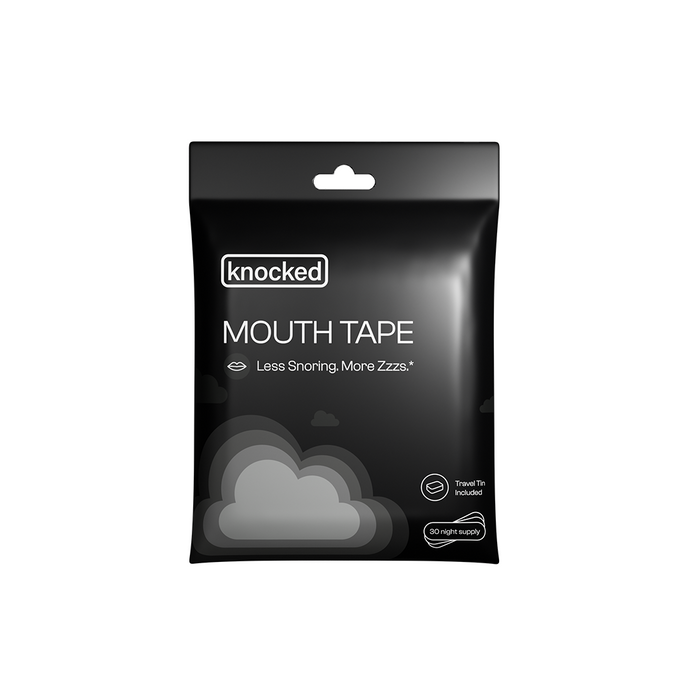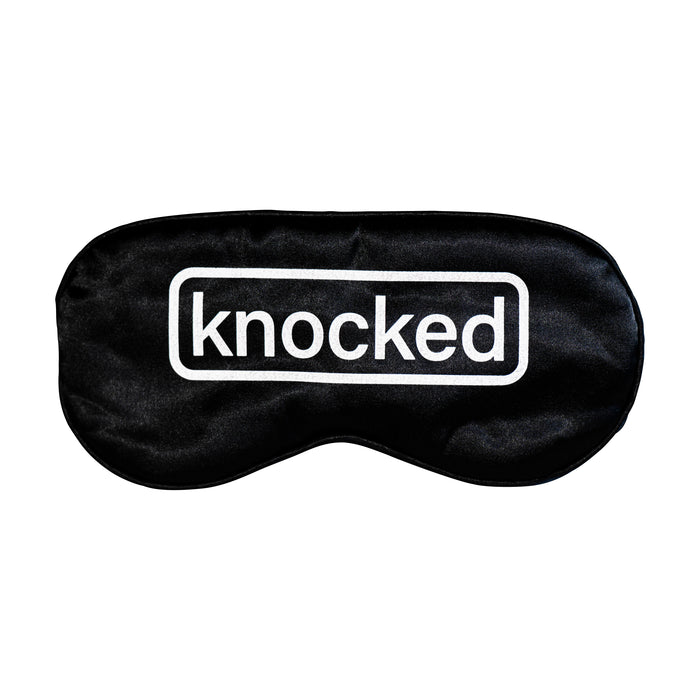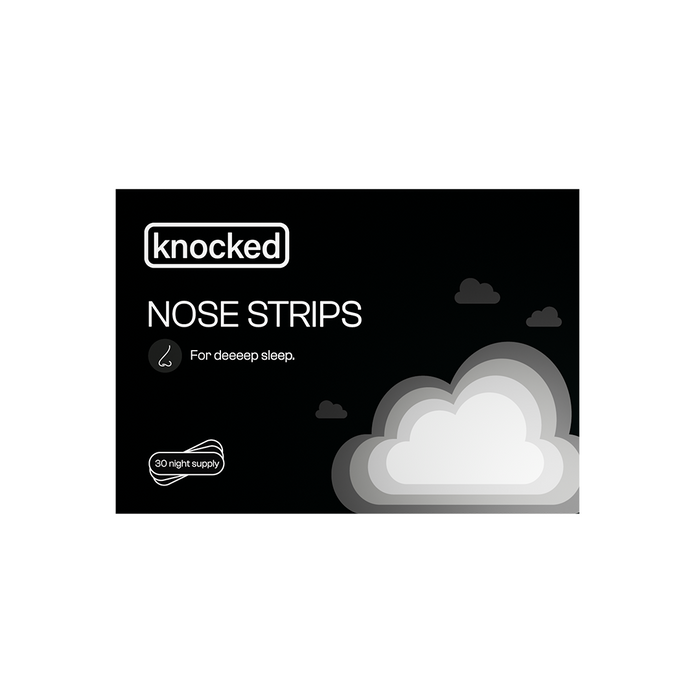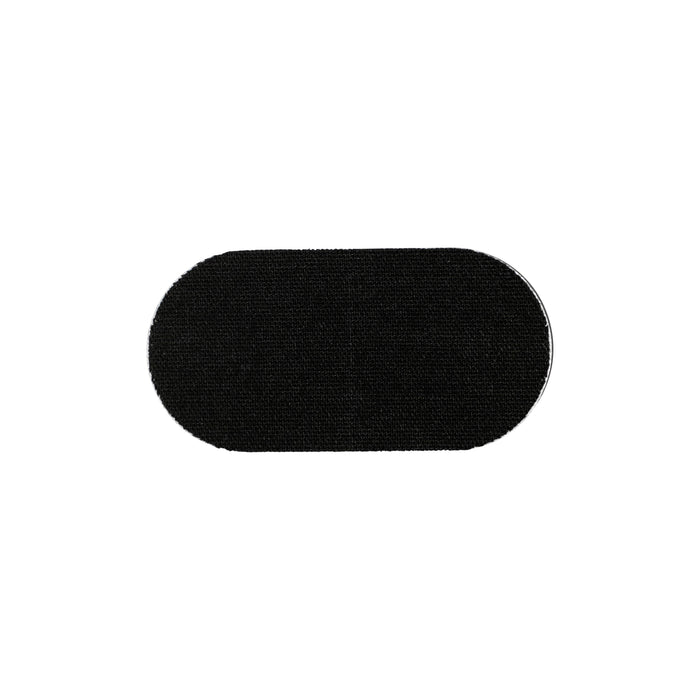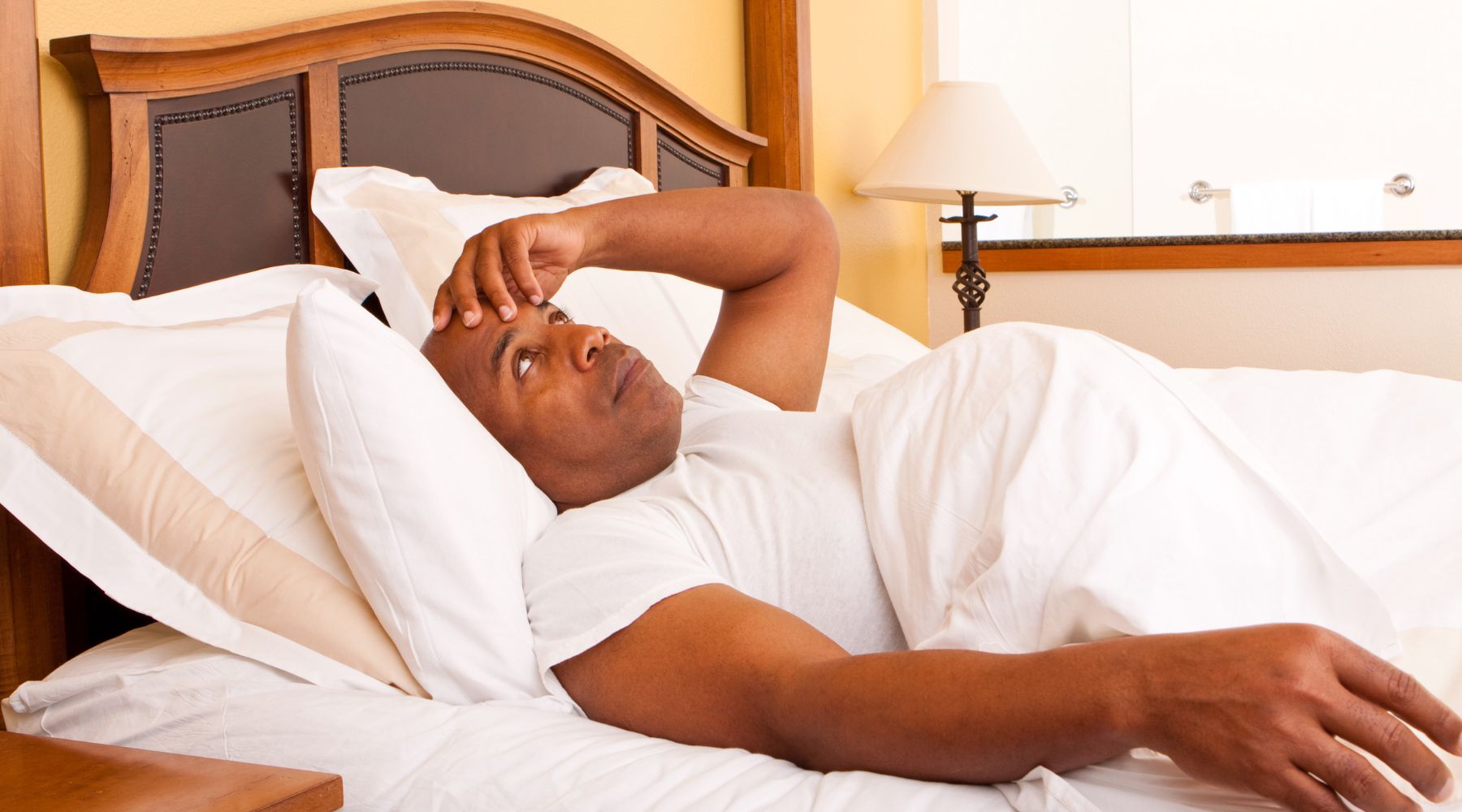

Overcoming Sleep Anxiety: Understanding the Causes, Effects, and Strategies for a Good Night's Sleep
There is nothing like the feeling of crawling into bed after a long day, but for some, the idea of going to sleep is associated with a feeling of dread. Sleep anxiety, or the fear of not being able to fall asleep, can be a real problem for many people. This condition can lead to a cycle of insomnia, where the fear of not being able to fall asleep leads to an actual inability to fall asleep, which in turn perpetuates the fear. In this blog post, we will take a closer look at what causes sleep anxiety, its effects on the body, and ways to overcome it.
Causes of Sleep Anxiety
There is no single cause of sleep anxiety, but there are several factors that may contribute to it, including stress, depression, and trauma. In some cases, the cause of sleep anxiety may be a medical condition, such as sleep apnea or chronic pain. Other factors that may contribute to sleep anxiety include working night shifts, jet lag, and irregular sleep patterns.
Effects of Sleep Anxiety
Sleep anxiety can have a significant impact on one's overall health and well-being. It can lead to fatigue, irritability, and difficulty concentrating during the day. In the long term, it can also increase the risk of developing chronic conditions such as hypertension, diabetes, and heart disease. Furthermore, it can take a toll on mental health and lead to feelings of depression and anxiety.
Tips to overcome Sleep Anxiety
- Create a bedtime routine: This can help signal to the body that it's time to sleep. This could include things like reading a book, taking a warm shower, or listening to calming music.
- Relaxation techniques: Breathing, meditation, and yoga can help to calm the mind and body and promote feelings of relaxation.
- Exercise: This can improve the quality of sleep. However, it is important to avoid exercising too close to bedtime, as the adrenaline rush can make it harder to fall asleep.
- Sleep environment: Make sure that your bedroom is cool, dark, and quiet, and that your bed and pillows are comfortable.
- Avoid caffeine and alcohol: These substances can interfere with sleep, so it's best to avoid them, especially in the evening.
Sleep anxiety is a real and serious condition that can have a negative impact on one's overall health and well-being. However, with the right strategies in place, it is possible to overcome this condition and enjoy a good night's sleep. If you are struggling with sleep anxiety, it's important to seek professional help so that you can get the support you need to get your sleep back on track.
